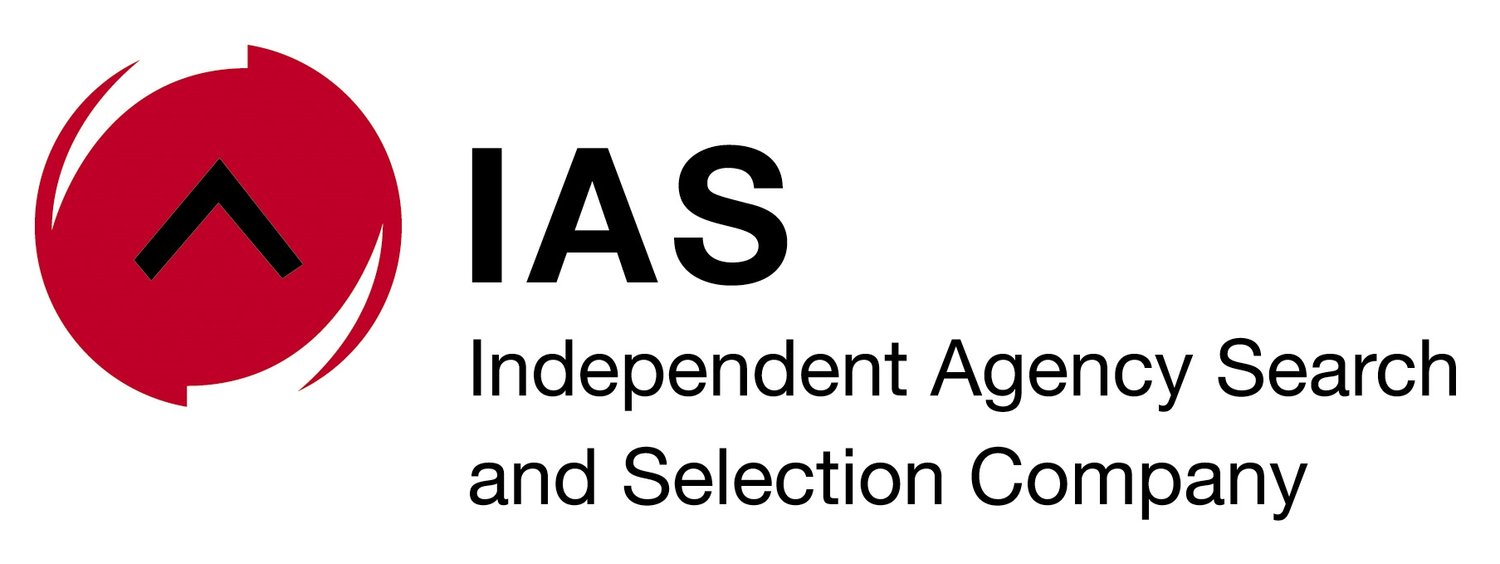The trend of in-house marketing operations is starting to wan, as marketers start to respond to the post-Covid world.
Agecny Scope 2023 has found that the trend of in-house marketing operations is starting to wan, as marketers start to respond to the post-Covid world
Aided and abetted by Covid19 restrictions, companies of all sizes set up in-house marketing operations at a time when work from home (WFH) and creating remote teams provided a solution to business continuity.
“It was a trend that had started before Covid and then accelerated during the pandemic,” says Johanna McDowell, Scopen partner and CEO of the Independent Agency Search & Selection Company (IAS).
“Evan if people were not physically in the client’s building, they were operating as part of its team. It was a compelling trend that happened rapidly and globally,” she adds.
However, the results of Agency Scope 2023 show this growth has waned and marketers are stepping back from in-housing.
“Among the reasons for the growth in the first place was clients wanting to be closer to their data,” McDowell asserts.
“They needed to access their data quickly and respond accordingly. Many felt that their agencies were not close enough to them to be able to action data results with enough speed to take advantage of trends.”
Creatives are generally at their best and happiest when working on a variety of brands with different target audiences to stretch themselves creatively
Why the decline?
The Scopen research shows while the need for speed that existed at the time is still there, and clients want to follow data with action and agility, clients have noted the expense of setting up an in-house agency.
And – importantly - that creatives are generally at their best and happiest when working on a variety of brands with different target audiences to stretch themselves creatively.
“Marketers acknowledge that in-house work usually comprises working on one brand, or even a few - but still all within the client’s stable,” says McDowell.
In-house managed by an outside agency
President and CEO of Scopen, César Vacchiano, adds, “There will always be a need for in-housing, but how those structures will work in the future will be interesting to see.”
Currently, it may be a department set up by the client staffed directly by the client.
“Our research is showing a preference for an in-house agency that is managed and staffed by an outside agency that controls the running of the entity and employment of its staff,” he explains.
McDowell suggests the latter option gives both the client and the agency flexibility, meaning that if a creative gets bored working on the same brand, fresh eyes and ideas can be brought in to switch places.
“All responsibility from an employment point of view is carried by the outside agency,” she says.
“Obviously the client remunerates the agency for the overseeing of staff, and there are specialist agencies who excel at building in-house departments or agencies.
“So, while we don’t see these going away, our study shows little to no growth of this nature at this point.”
The effect of remote work on in-housing?
Current indications are that a lot more marketing agency personnel are in their offices than just after Covid, and there’s a gradual return to more days in the office McDowell asserts.
“This may also be a contributing factor to the in-housing decline, along with the space factor in a client’s offices. Many corporates downsized their offices because of the pandemic and with people heading back into the office now, lack of space may make in-housing a tight squeeze.”
She further adds that several marketers have seen their staff not working as cohesively as they used to, with productivity levels down and quality of thinking stilted.
“The realisation they’ve come to is that so many once-fluid creative teams have spent so much time apart that the innovative thinking that once bonded them has dissipated.”
The strategy now, says Vacchiano, would be to see if it is valuable to leave some agency personnel in the client’s office and, if so, who would work best there.
“Responses post-Covid are likely to start driving marketers towards a Plan B in future, coupled with massive learnings from the recent past, he adds.

















